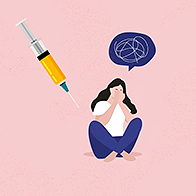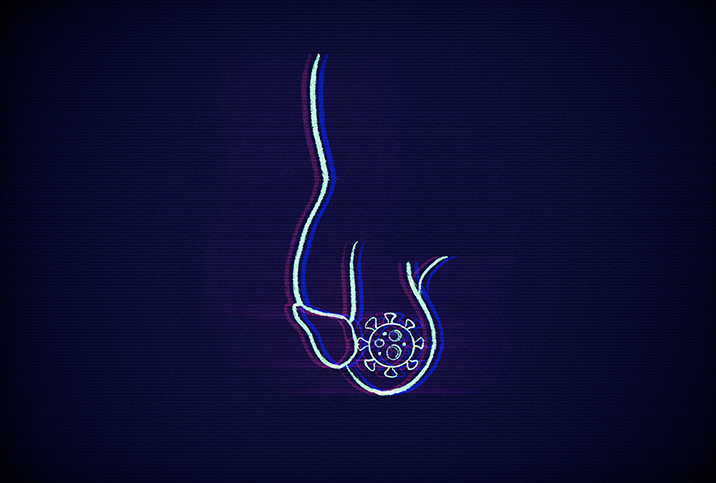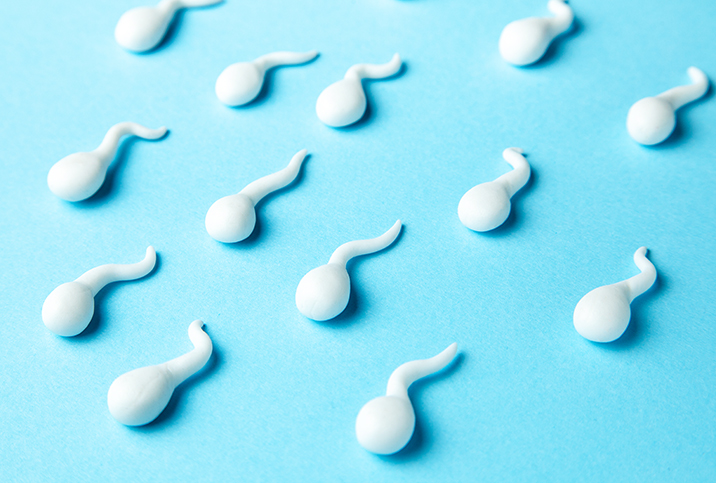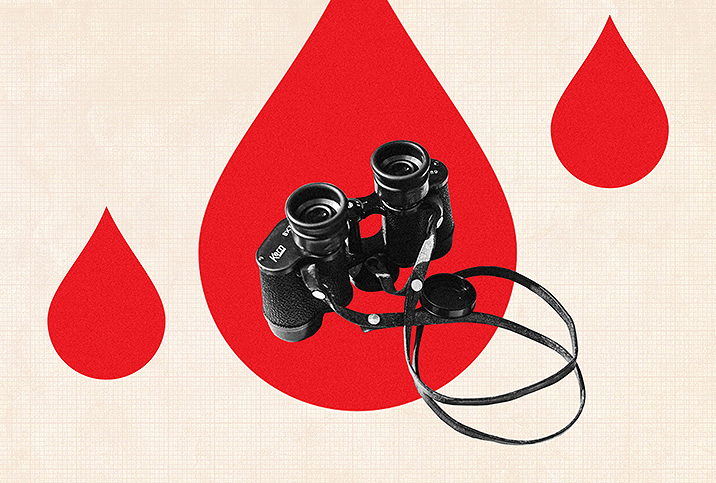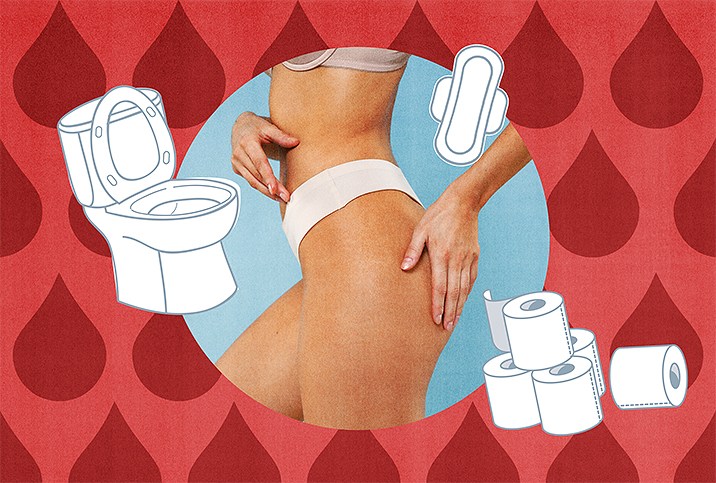NIH Awards $1.67M to Study COVID-19 Vaccine's Impact on Menstrual Cycles
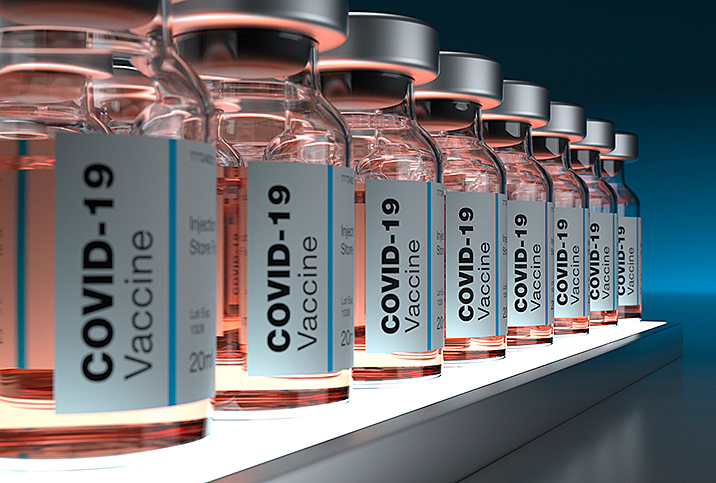
Common side effects of the COVID-19 vaccine include headaches, a sore arm and exhaustion—but for some women, the effects go beyond the norm. Thousands of people are reporting disruptions to their menstrual cycle.
The National Institutes of Health (NIH) announced on August 30 they would be awarding $1.67 million to study potential links between the COVID-19 vaccine and irregular menstrual cycles. The research will build on smaller, existing studies and period-tracking app data. One such existing study comes from Illinois State professor Kate Clancy and alumna Katharine Lee, Ph.D. in anthropology. The two women launched a social media survey and received more than 140,000 reports from women claiming cycle disruptions.
Lee told NPR in August that most of the reports they received detail short-lived effects. "We started hearing a lot about breakthrough bleeding, from people on long-acting reversible contraception, people on gender-affirming hormones and postmenopausal people who were years and years out from their last period—sometimes decades out," Lee said.
'These rigorous scientific studies will improve our understanding of the potential effects of COVID-19 vaccines on menstruation, giving people who menstruate more information about what to expect after vaccination and potentially reducing vaccine hesitancy.'
While informal, there have also been various internet threads discussing the connection between menstrual cycles and the vaccine. Claims include missed periods, early and late cycles, heavier bleeding and other cycle disruptions.
The menstrual system is regulated by hormones secreted by the pituitary, the ovaries and the hypothalamus, and can be disrupted by various factors. The coronavirus pandemic has brought higher levels of stress and changes in lifestyle to people all over the globe, and it's not unusual for external factors to affect the menstrual cycle. However, anecdotal reports of menstrual changes describe effects specifically after getting the vaccine.
The supplemental grants being provided to five universities are funded by the National Institutes of Health's Eunice Kennedy Shriver National Institute of Child Health and Human Development (NICHD) and the NIH Office of Research on Women's Health.
The institutions conducting the research are Oregon Health and Science University, Michigan State University, Johns Hopkins University, Boston University and Harvard Medical School.
Researchers plan to take blood, tissue and saliva samples from subjects both before and after vaccination to study hormonal and immune system characteristics and changes. Menstrual flow, cycle length, regularity, pain and other symptoms will also be compared pre- and post-vaccination. One project will specifically focus on adolescent girls.
Boston University, Johns Hopkins and Oregon Health and Science University will partner with period-tracking apps Clue, Kindara and Natural Cycles to collect data from consenting app-users.
As Giddy covered in July, some women are hesitant to get the vaccine because of the reports of menstrual side effects. Hopefully, the newly funded studies will assuage fears surrounding vaccine effects and discourage vaccine hesitancy through solid information.
NICHD director Diana W. Bianchi, M.D., said in the official statement: "These rigorous scientific studies will improve our understanding of the potential effects of COVID-19 vaccines on menstruation, giving people who menstruate more information about what to expect after vaccination and potentially reducing vaccine hesitancy."







